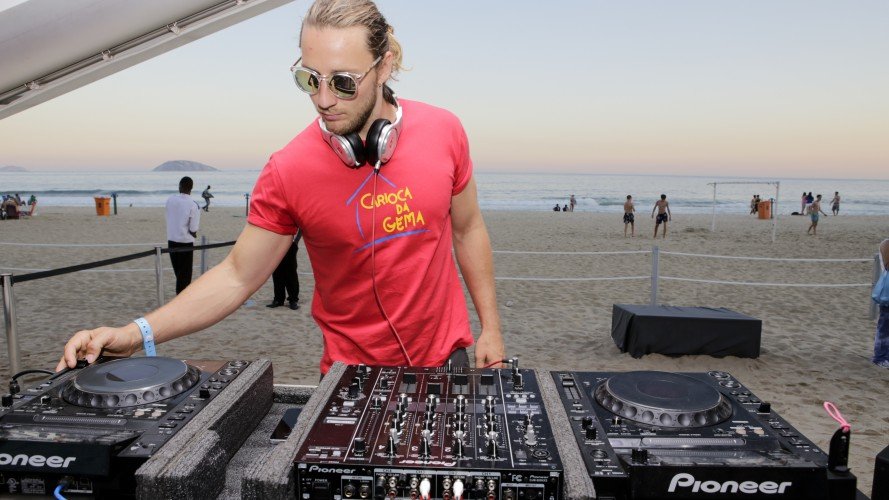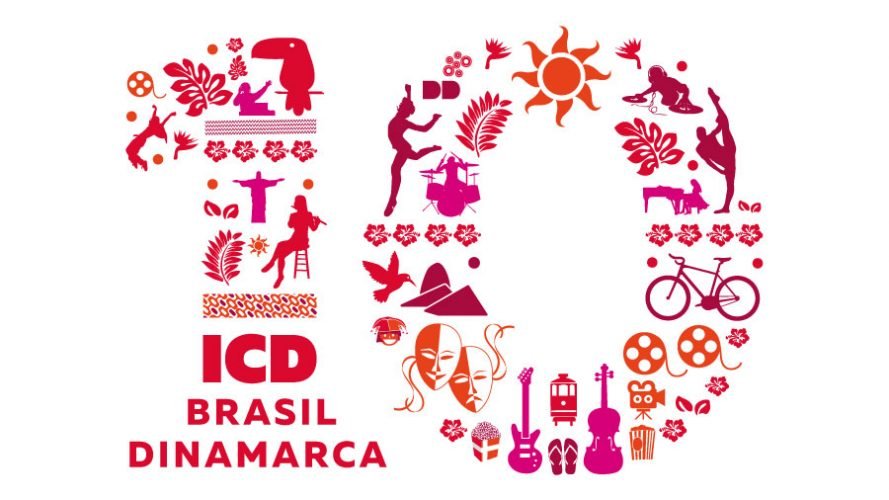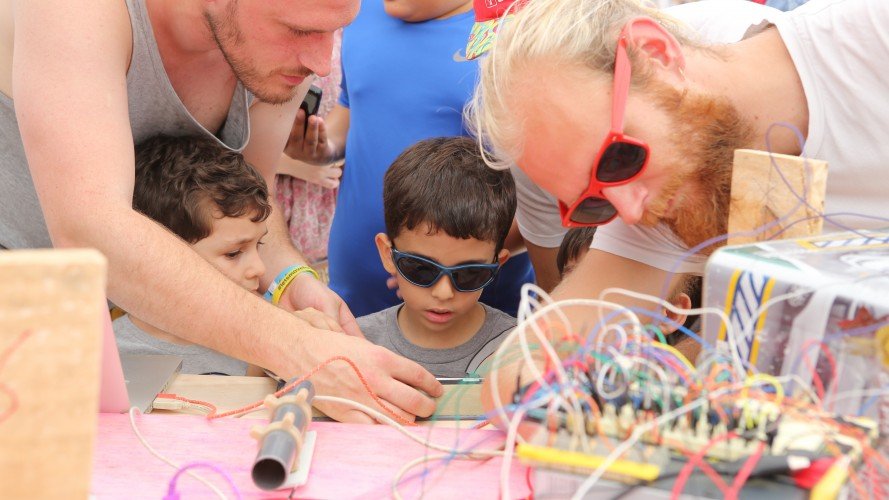DCI Celebrates 10 Years in Brazil
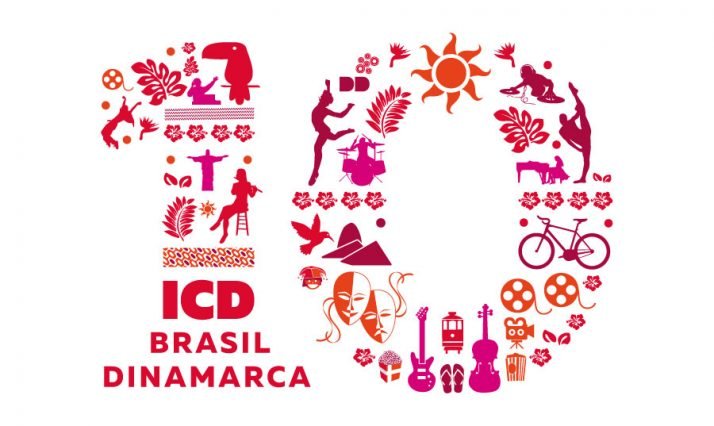
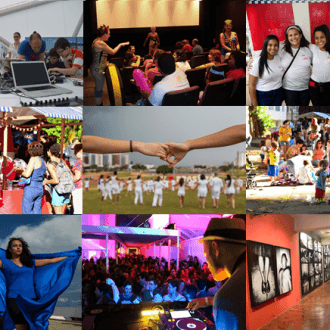
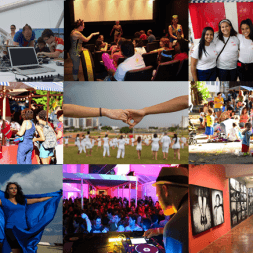
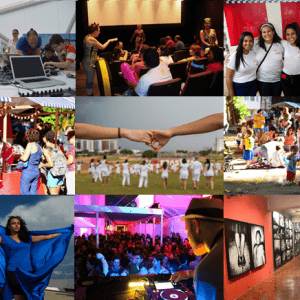
In 2008, a small branch of the Danish Cultural Institute was established in Rio de Janeiro, Brazil. Join us as we celebrate 10 years of fruitful cultural exchange and collaboration between Denmark and Brazil, and mark the beginning of a new era for DCI-BR.
The choice of Brazil as the location of the only branch of the Danish Cultural Institute in the Americas was visionary back in 2008. It was a decision based on the DCI directors’ perception of some international trends that came into the mainstream a couple of years later with the rise of Brazil as part of the so-called BRICS group of countries. With the growth of the Brazilian economy and a general Danish interest in the country over the coming years, our initial presence, struggle, network and projects had given us a solid foundation for new dynamic interactions and partnerships when the whole world started looking towards Brazil.
As a result, the Danish Cultural Institute was a part of the first wave of Brazilian growth and what to many felt like the country’s entrance upon the world scene. We grew with it, and at the present time as Brazil is reconstructing itself, we will not only stay, but also expand our activities for arts and culture to help create better societies, more empathy and renewed creativity, in Brazil as well as in Denmark.
- Maibrit Thomsen, Director of the Danish Cultural Institute in Brazil.
The days of ”just” showing Danish art and culture are long gone. By presenting Danish arts and culture in Brazil while stimulating intercultural collaborations on many levels, we nourish an ongoing dialogue between our countries for the mutual enrichment and development of society, ideas and the arts in their own right. With our cultural projects and interventions as a fulcrum, this dialogue addresses areas like equality, education, sustainability, citizen engagement and democratic values.
There is a strong interest in Danish film, music, performing arts, design, literature and sustainability – which have all been represented at large festivals and cultural centers around Brazil – and the Brazilians are excited about our tradition for creativity in children’s learning, as found in arts education, children’s theater and film and in other arts-at-eye-level-concepts.
For DCI, it’s a fundamental value that projects are anchored with local partners. A large and strong network is what makes up the fertile soil that is needed intercultural seeds to sprout. We have managed to establish a vibrant network on both cultural scenes that we are happy and proud to be working with.
We wish to make this anniversary year the start of a new era for DCI by expanding local partnerships and connections to Danish, Nordic and Brazilian companies operating in Brazil. As we are coming of age in the Brazilian cultural landscape, we are inspired by the way most Brazilian cultural organizations finance their activities: Via the cultural incentive laws.
New specialists and in-house expertise have been added to the DCI team so that we are now able to offer professional orientation and assistance for companies on how to make use of Brazil’s cultural sponsorship mechanisms. The bottom line is a win-win for both sponsors and projects. This way we hope to be able to have more hands and financial headroom to produce more spectacular Danish-Brazilian projects and exchanges in the years to come, based on broader collaboration, for the common good.
We firmly believe that cultural understanding, involvement and appreciation are among the most powerful weapons for overcoming today’s global challenges and that art and artistic dialogue is a platform for equal and empowering communication between people.
A huge thank-you to all the artists who have participated over the years, to our partners and colleagues in Brazil and Denmark, and last but not least, to the wonderful Brazilian audiences.
Here’s to 10 more years!
Maibrit Thomsen, Director of the Danish Cultural Institute in Brazil.
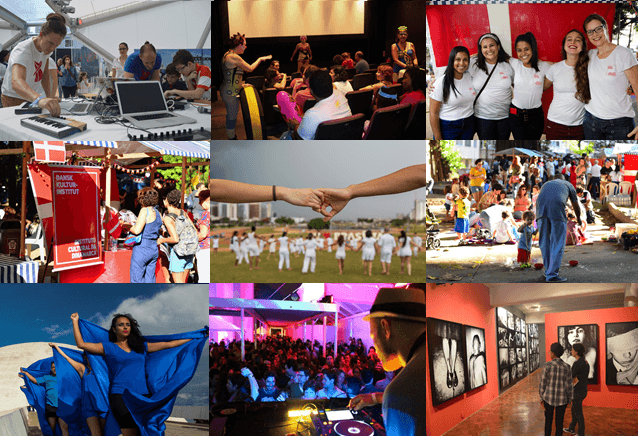
General Director Michael Metz Mørch’s Words:
Ten years ago, we in “the old world” were very close to an economic meltdown.
But the BRICS were weathering the storm, and we all flocked to you, the BRICS.
We were on that wave and were happy to land safely in a dynamic and optimistic Brazil.
We have been in love ever since, and still are.
The world has changed since then. Brazil, too.
In the old world, the economy looks as if it is back on track, but at what price??? We suffer from and struggle with increasing inequality, a dangerous vacuum of moral and political leadership, and seem to forget the values and common history that we share on the European continent. We are closing our borders, building walls.
Issues like migration, refugees, minorities and human rights are very much in focus. Our democracy is under pressure from right-wing populism. Fundamentalist of all faiths seem to thrive.
Now, barely 10 years after we survived an imminent economic disaster, there are signs of new versions of the old disasters that devastated Europe (and the rest of the world) twice in the past century.
We need you in Brazil more than ever. You have been able to overcome deeper and more complicated issues than the ones we seem to be tormented by today. You are still in the battle, and we need each other to make sure that old mistakes are not repeated. We need to learn from each other, we need to reach out and to create things of mutual cultural value together.
We need to learn how to keep the life-giving blood flowing – both ways – in the umbilical cord that connects us.
We do not want to wait for politicians to solve the problems – neither in Europe nor in Brazil. Life is too important to wait, people-to-people contacts are the salt of life, and all experience shows that strong cultural relations build mutual learning, understanding, tolerance and the freedom and quality of life that we all deserve and strive for.
So let’s make a mutual commitment to at least 10 more years.
